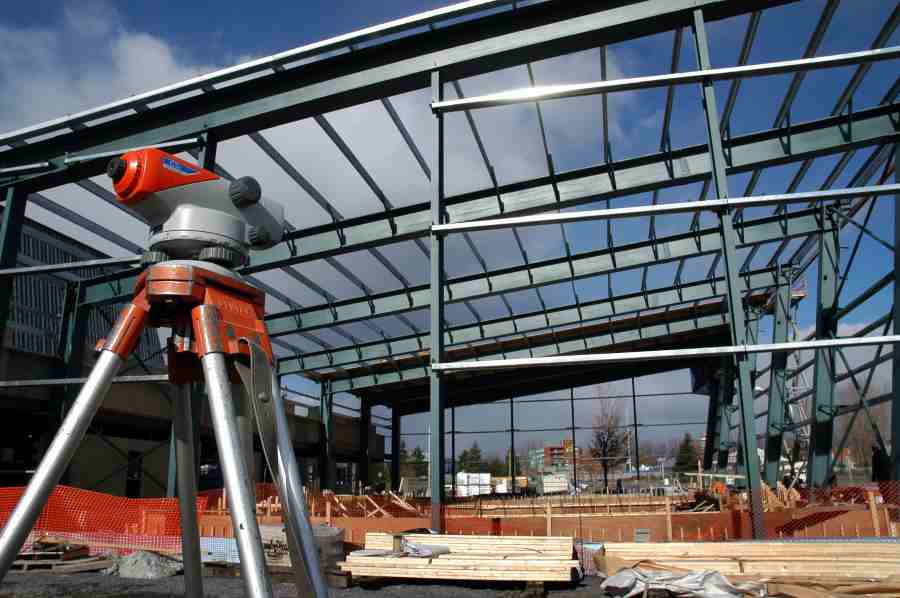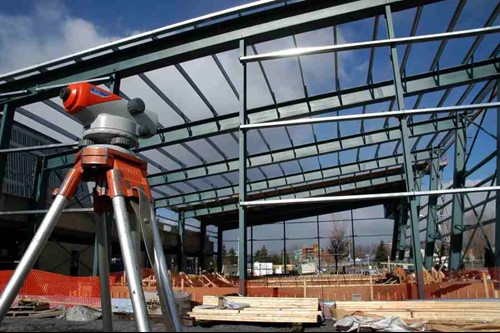How prompt payment and adjudication rules will impact relationships throughout the construction payment chain

So, how might the new framework, which covers payment terms and access to timely adjudication, impact those relationships? Well, if everyone in the payment chain is doing what they should have been doing in the first place – paying promptly – this legislation should not impact them at all.
During the consultation process for Bill 142, The Construction Act, some stakeholders said they did not want this legislation because they had no payment issues. These stakeholders need not have worried because they will be able to proceed as they have always done (with no payment issues) and not be affected at all. On the other hand, those whose payment terms (or non-payment, as the case may be) are creating an issue for their payees due to lateness, are likely in for some uncomfortable moments when they have to defend their payment practices to an objective third-party – an adjudicator.
Late payment in the construction industry has evolved, over decades, to become the cultural norm. Payment terms have been slowly dragged out averaging over 70 days, with a good percentage hitting 90-plus days. This includes both regular work-in-progress payments, as well as delays in paying the statutory holdbacks, change orders and considerations. It would stand to reason that accounts payable processes, internal to the payers in the construction payment chain, evolved in line with slow and late payments. Prompt payment legislation will have a considerable impact on those companies who pay outside of the prescribed timelines as a norm.
Let’s say an owner pays its contractor every 45 to 60 days. They now have 28 days from receipt of the proper invoice, which means their certifier must check the work in less than 14 days so that the owner has the option of delivering a notice of non-payment if there are deficiencies or other reasons for non-, or partial-payment. Those reasons must also be specified in that notice, otherwise, the owner must pay the invoice as presented.
If there is a notice of non- or partial-payment issued by the owner, the general contractor then has seven days after receipt of that notice to notify the trade contractors, who then have seven days to notify their subs. There is a 21-day period for the general contractor and owner to sort out the non-payment issues and then the GC must start an adjudication to preserve their “paid when” rights. If the GC does not trigger an adjudication, any one of the trades impacted by this particular invoice, who has not been paid, can trigger an adjudication with the general contractor.
If the owner pays on time and the issue of payment arises between the general contractor and the trade contractor, the owner may end up being surprised about why there is a notice of adjudication on their project. One thing to keep in mind is that there are a number of items that may be adjudicated during a project, including change orders, set-offs, payment of holdback and others. Change orders for one have been the cause of many late (or very late) payment issues. The delay is often in getting them approved after they have been completed. Now, even without approval, those change orders can be adjudicated.
This will not only impact relationships, but it will re-engineer the process of making payments for all the stakeholders. No one really wants to stop the progress of a construction project, but in order to mitigate damages, the payment and notification timelines must be adhered to.
In the short-term, there will be some pain, both from having to change internal processes for tracking payment and notification timelines. It’s also an opportunity, as all parts of the payment chain come to the realization that this is a catalyst for a cultural shift for the construction industry.
Sandra Skivsky is the Chair with National Trade Contractors Coalition of Canada and the Director of Marketing and Business Development for the Canada Masonry Centre.








